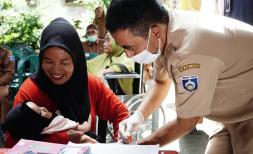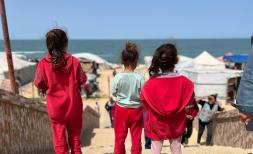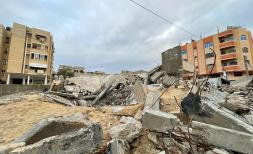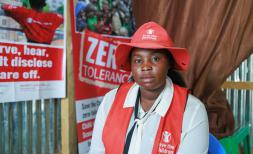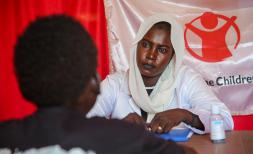Extreme poverty and human rights in Lebanon: A children’s crisis in Lebanon
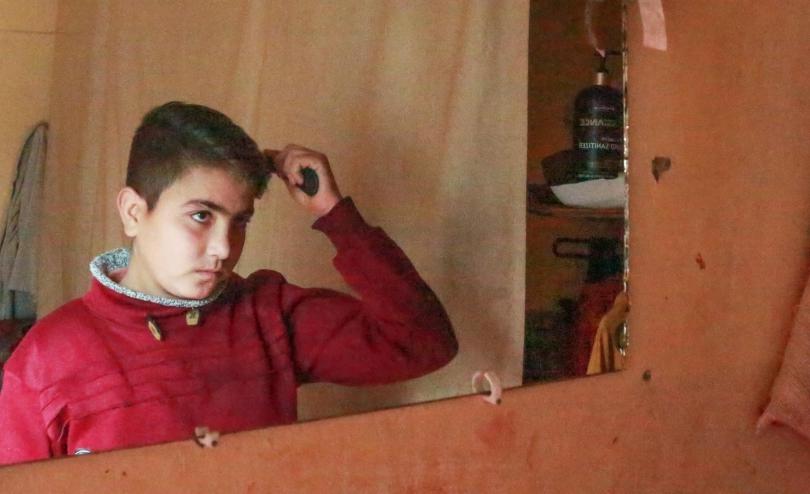
A new report published today by the UN Special Rapporteur on extreme poverty and human rights following his mission to Lebanon has highlighted that the country’s economic crisis is having pernicious impacts on the nutritional status, growth and educational attainment of children across Lebanon, with over 80 per cent of children experiencing multidimensional poverty, double the 2019 estimate.
This is keeping children out of school and forcing many to contribute to their families' income through work. Children are also being systematically denied access to basic services including health and education due to obstacles to birth registration and identity documents.
Save the Children supports and echoes the Special Rapporteur’s findings. We know from our work on the ground that Lebanon faces an irreversible decline in living conditions for children and families that will take generations to recover from if we don’t act now.
This is a children’s crisis, with children’s lives and futures at stake
Akkar, in the north of Lebanon, is one of the most deprived regions in the country. We spoke to 14 year old Amir*, whose parents fled the war in Syria ten years ago. The desperate economic situation faced by thousands of people across Lebanon has affected Amir* and his family to the point that he and his two siblings are now all engaged in child labour.
“I dropped out of school and had to work in marble factory,” says Amir*. “I have been working for two years because my parents need money. Working is very difficult for me. I miss my childhood. When my mother feels sick, I feel bad that I do not have money (for her treatment).”
“Sometimes, I drop marble on my feet, which hurts a lot. And sometimes I am not allowed to take a break at work which is exhausting. Carrying the heavy marbles is the hardest part of my work.”
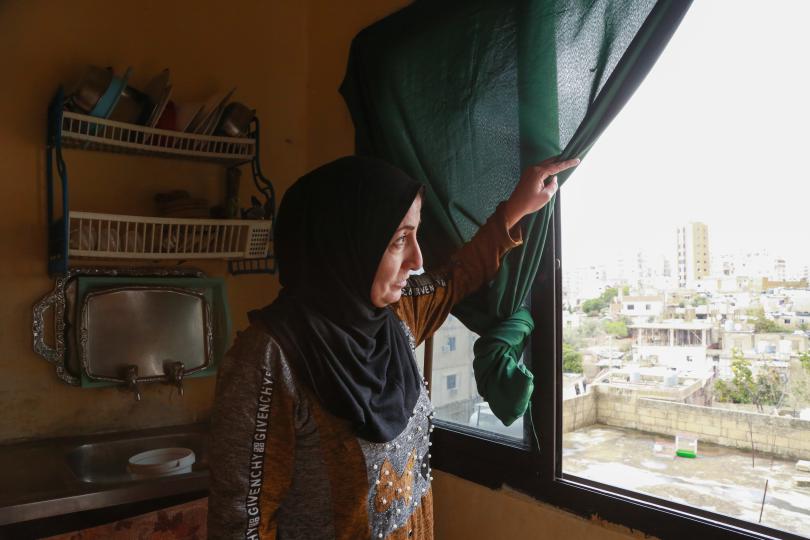
Faten* in her home in Akkar
The economic crisis grappling Lebanon has affected more than three quarters of its population with 99% of Syrian refugees in the country now lacking enough money to buy food. Faten*, Amir*’s mother, sums up the compounded challenges currently faced by Syrian refugees “I fled (the war in Syria) to Lebanon to seek protection for my children, so that they would not be robbed of their childhood. Despite this, they have ended up with no childhood.”
We also spoke to Mahasen*, who has lived in Akkar all her life. She told us “every day I wake up with one fear: what will we eat today? We’re barely surviving on one meal a day.”
“My two year old son has never had milk before. What kind of nutrition is that?”
“My children are keeping a tight lid on their emotions and thoughts, for fear of adding more to our plates. Children should be able to live freely but that’s not the case in Lebanon anymore. ”
Creating a strong generation together
Save the Children hosted the Special Rapporteur in Akkar during his mission, where one group of children shared a strong message with the delegation:
“We want to put our hands with yours to solve the challenges that we are facing and that are affecting our childhoods; and to put an end to the poverty that is currently an obstacle to us having a better future. We have a lot of ideas and solutions, and with you, we can do it. Let's create a strong generation.”
We join these children – and Amir*, Faten* and Mahasen* - in calling for urgent action and long-term, sustainable solutions to respond to this poverty crisis. The government of Lebanon and the international community must work together on ensuring essential services do not collapse, and to shoring up household resilience in order to address worsening poverty.
Without this, we will be putting even more children's lives - and futures - at risk.
